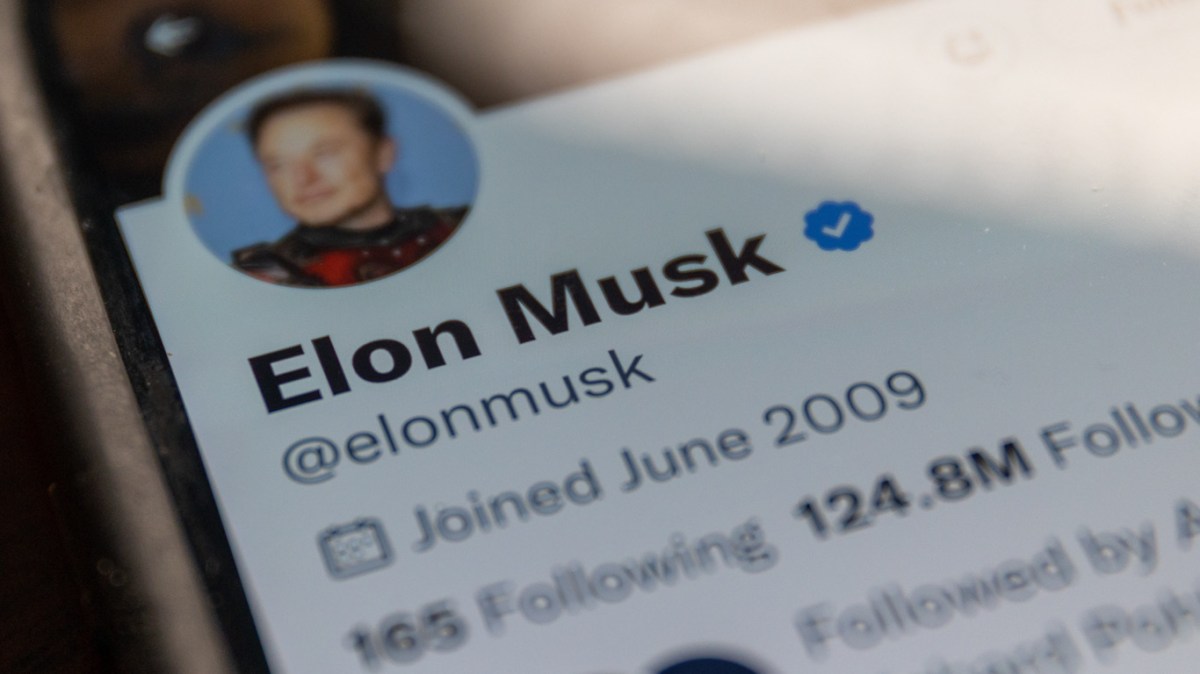After Elon Musk labeled NPR as “US state-affiliated media,” the organization decided to leave Twitter altogether instead of continuing on the platform. NPR has taken issue with being forced to have that label, which they believe is inaccurate, in their Twitter bio as part of new initiative by Elon Musk that was implemented last week. The label has since been changed to “Government-funded media,” though the explanation is the same.
NPR President John Lansing initially reacted to this designation by stating, “It is unacceptable for Twitter to label us this way.”
Landing also added, “NPR and our member stations are supported by millions of listeners who depend on us for the independent, fact-based journalism we provide.”
Musk’s motivation for the move very likely stems from the controversy linked to NPR’s refusal in 2020 to cover the Hunter Biden laptop story. The move was considered to be a show of favoritism by NPR, and they received so much public pressure to cover the story that they released a statement stating “We don’t want to waste our time on stories that are not really stories, and we don’t want to waste the listener’s and reader’s time on stories that are just pure distractions.”
Additionally, NPR editor Kelly McBride, when asked by a listener why NPR didn’t cover it, responded by saying, “There are many, many red flags in that New York Post investigation.”
In 2022, NPR then began writing about the story, even saying in one article that “the mainstream media dismissed a story about Hunter Biden’s business dealings. Now emails supporting the story have been authenticated.”
The Hunter Biden non-coverage is also reportedly the reason why Elon Musk fired Twitter executive Vijaya Gadde; she decided to suspend the Twitter account of the the New York Post for publishing the investigation. That suspension lasted for over two weeks, until Gadde changed her mind, though she felt significant pressure and even managed to blame it on a Twitter policy at the time. Her boss, CEO Jack Dorsey, later said that blocking the New York Post was wrong.
However, controversy over the Hunter Biden story aside, is NPR’s present designation justified? Obviously, NPR thinks not, and despite having 8.8 million followers on the platform, they decided it would be best to leave Twitter altogether, stating today that “NPR’s organizational accounts will no longer be active on Twitter because the platform is taking actions that undermine our credibility by falsely implying that we are not editorially independent.”
Musk has not yet responded to NPR’s departure, though if he does, it likely won’t be to encourage its return. Musk did respond on April 5 to a statement on Twitter complimenting him for designating NPR as state-affiliated, tagging both Musk and NPR in the process.
Musk replied, “Seems accurate,” with a screenshot from Twitter’s Help Center defining state-affiliated media as “outlets where the state exercises control over editorial content through financial resources, direct or indirect political pressures, and/or control over production and distribution.”
Musk was accused of changing the definition because the Twitter policy itself had, as recently as a week ago, explained that “state-financed media organizations with editorial independence, like the BBC in the UK or NPR in the US for example, are not defined as state-affiliated media.”
Now, the “or NPR in the US” part has been deleted from the statement. It’s also worth noting that the BBC does not have such a designation in its bio.
To put all of this into context, Musk also labeled People’s China Daily as “China state-affiliated media.” Of course, no one is arguing against that, but the disparity between the two, in terms of their journalistic independence, is extreme.
An NPR spokesperson further explained, “NPR receives less than one-percent of its $300 million annual budget from the federally funded Corporation for Public Broadcasting.”
As for the workers who run the NPR Twitter accounts, it seems as if they might have options within the organization. NPR stated that they are giving a “two-week grace period to the staff who run the Twitter accounts” so that they can “revise their social media strategies.” Though, NPR added that individual journalists who work for the organization can decide for themselves if they wish to continue using Twitter.

